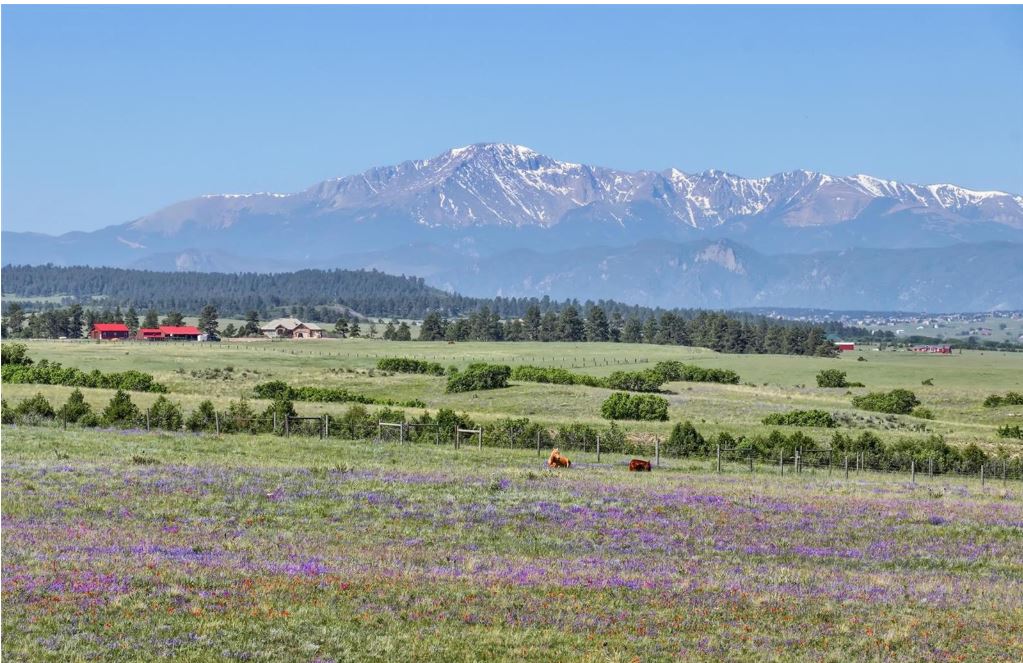- Western individualism is something we value out here in the Wild West. And ranching is a big part of that as it creates self-sufficiency.
-
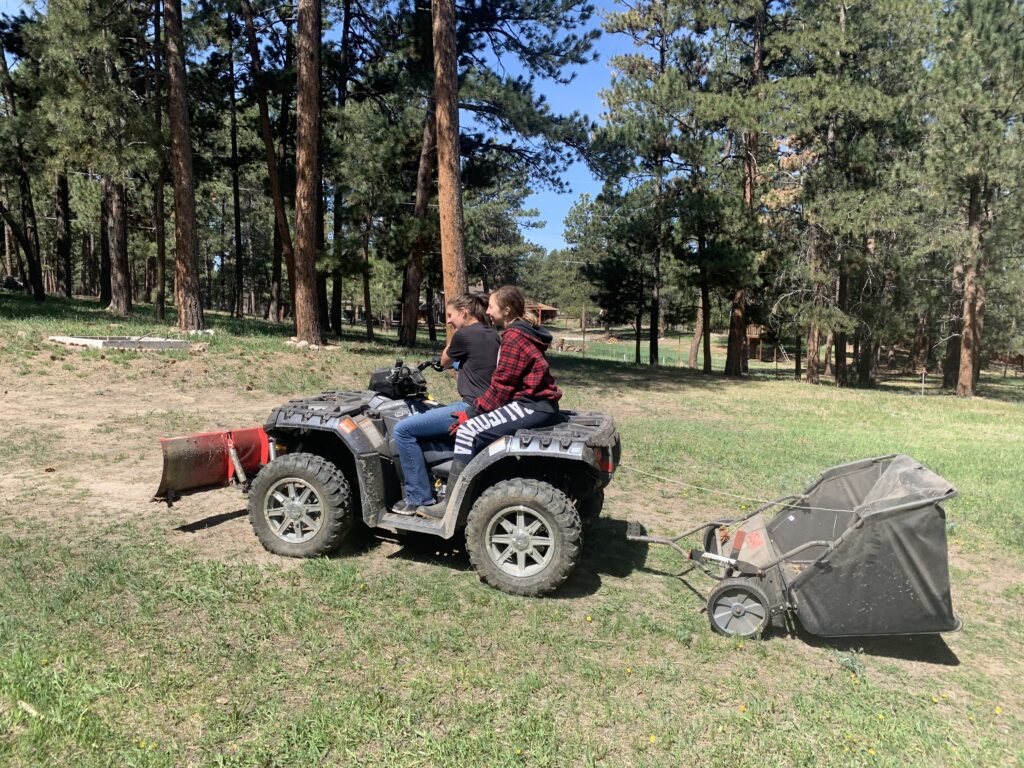
-
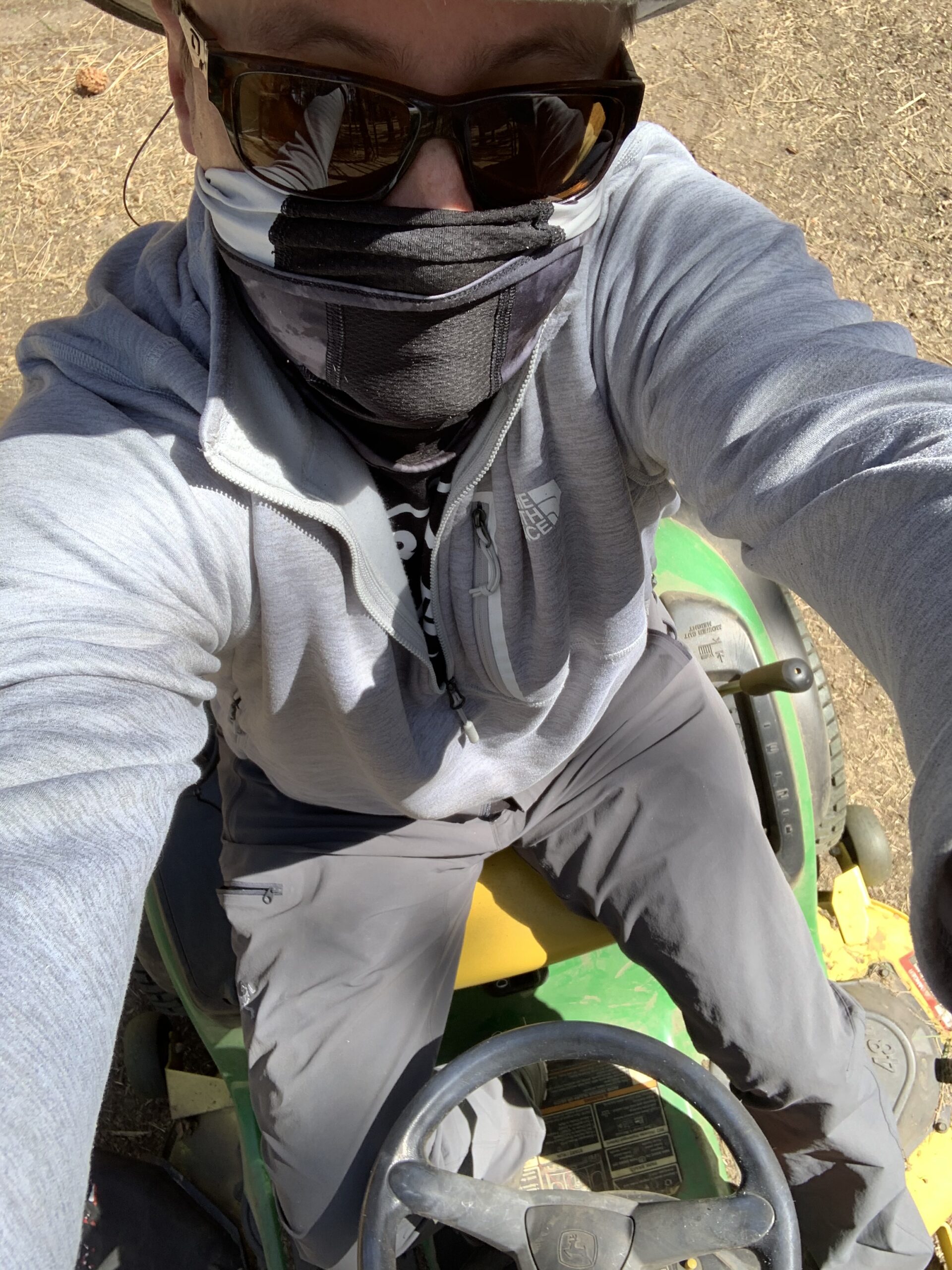
-
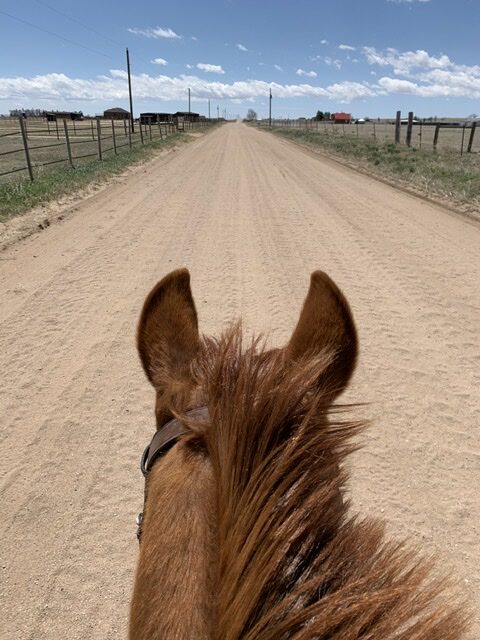
-
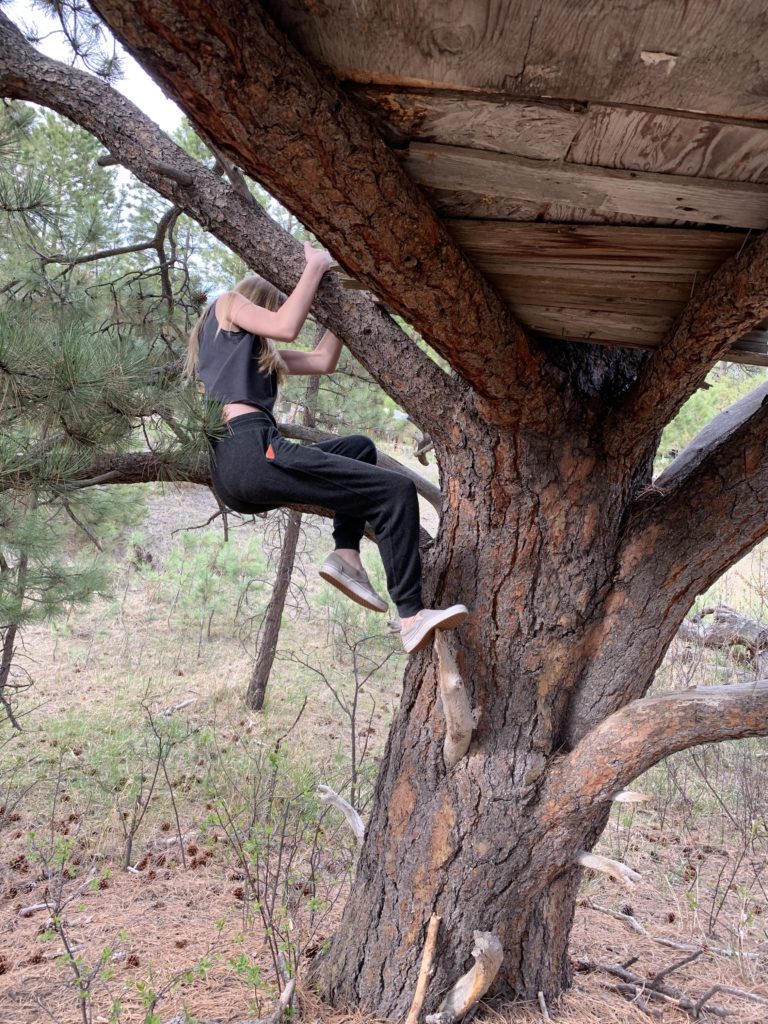
-
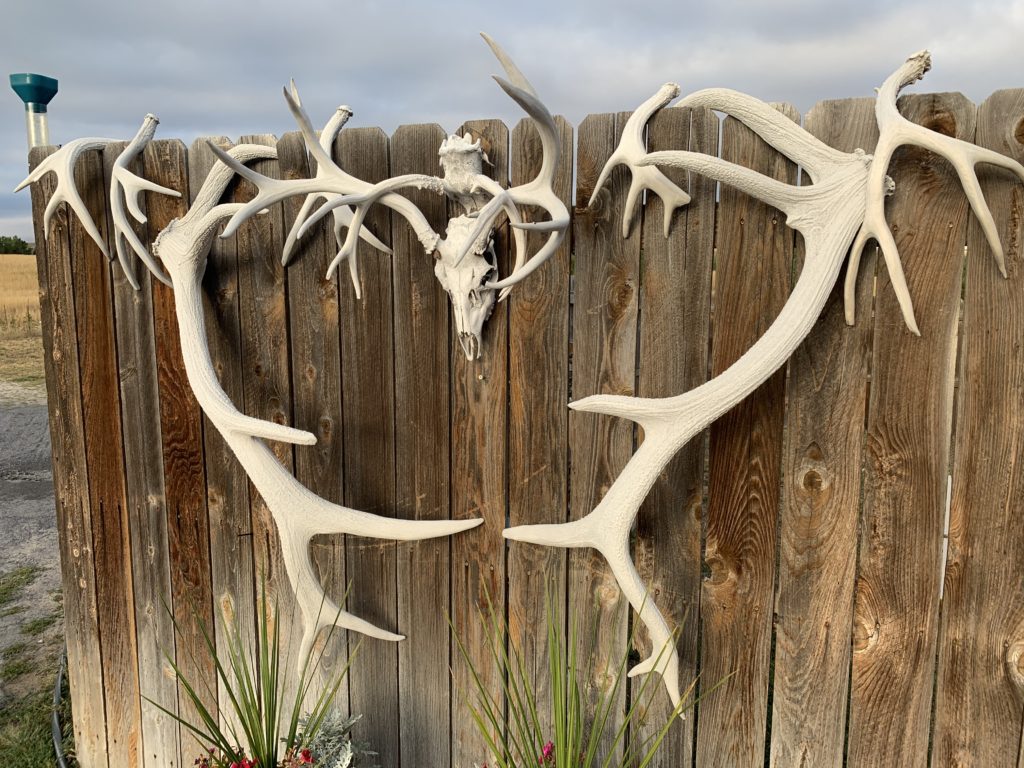
-
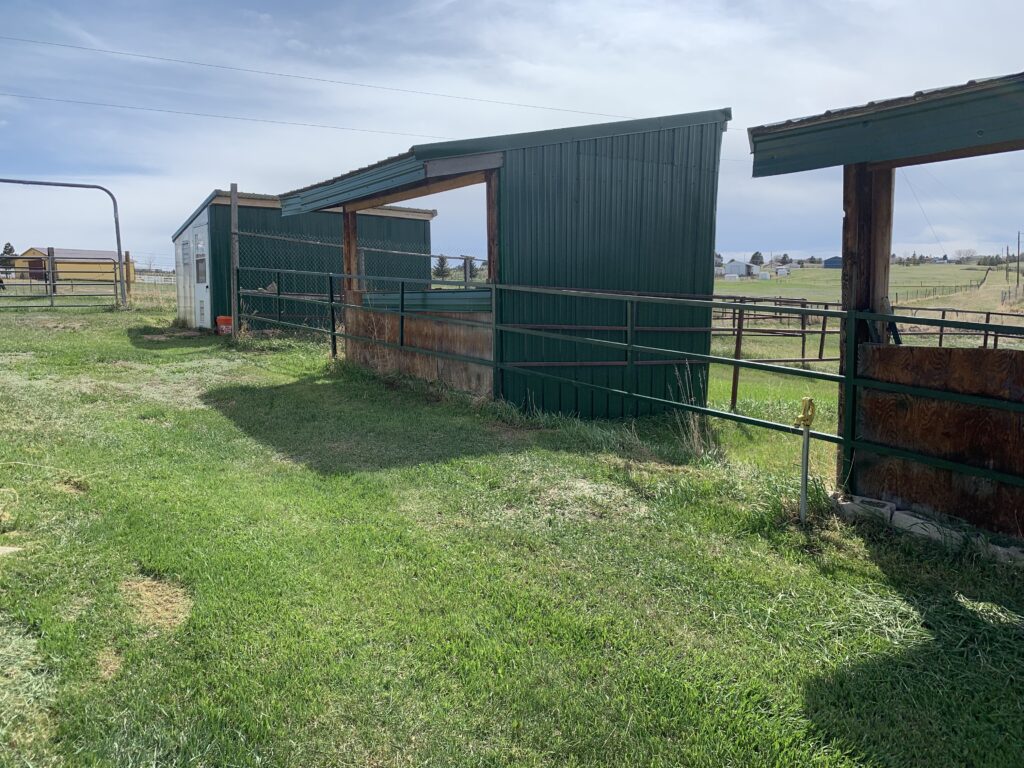
-
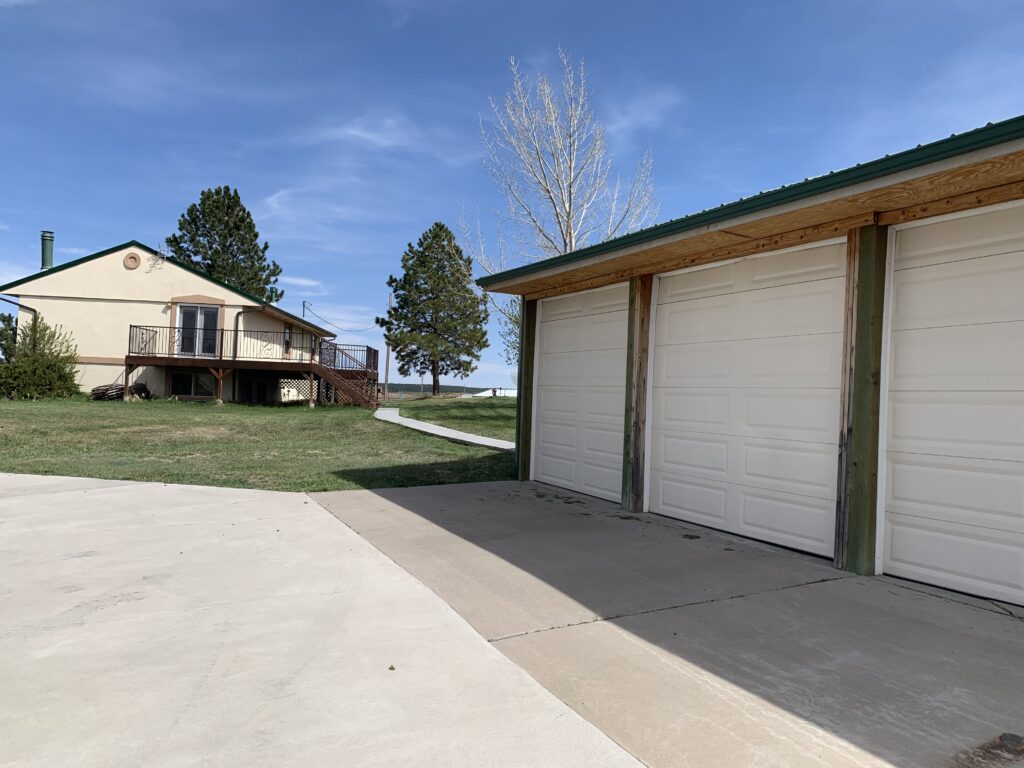
-
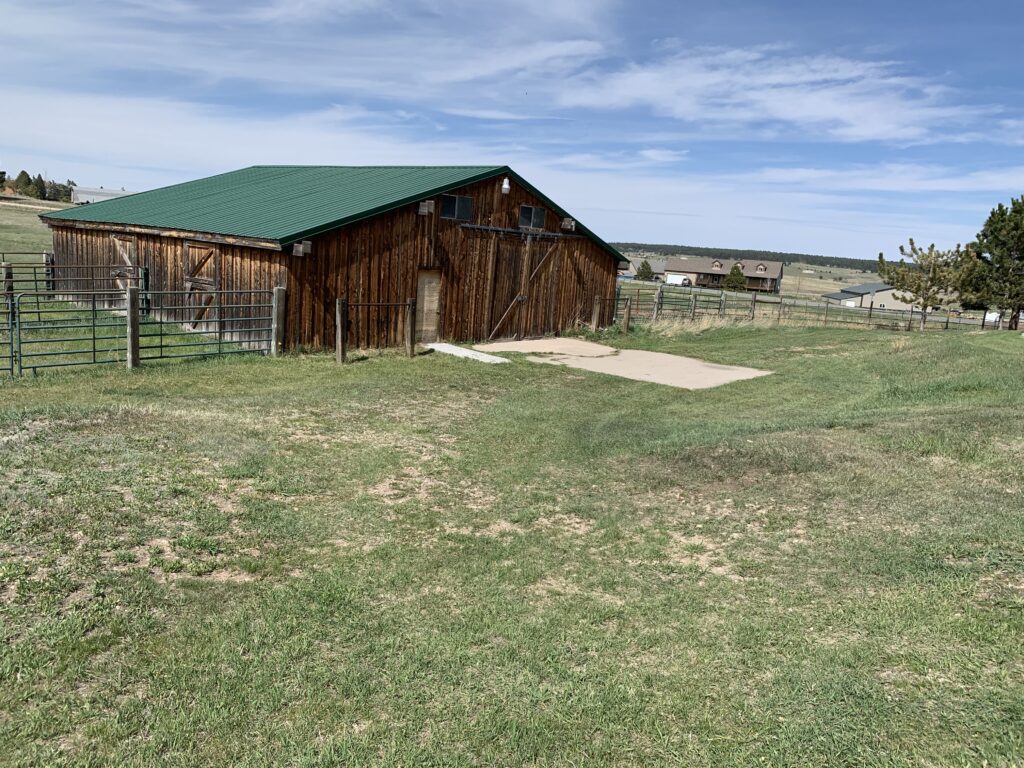
-
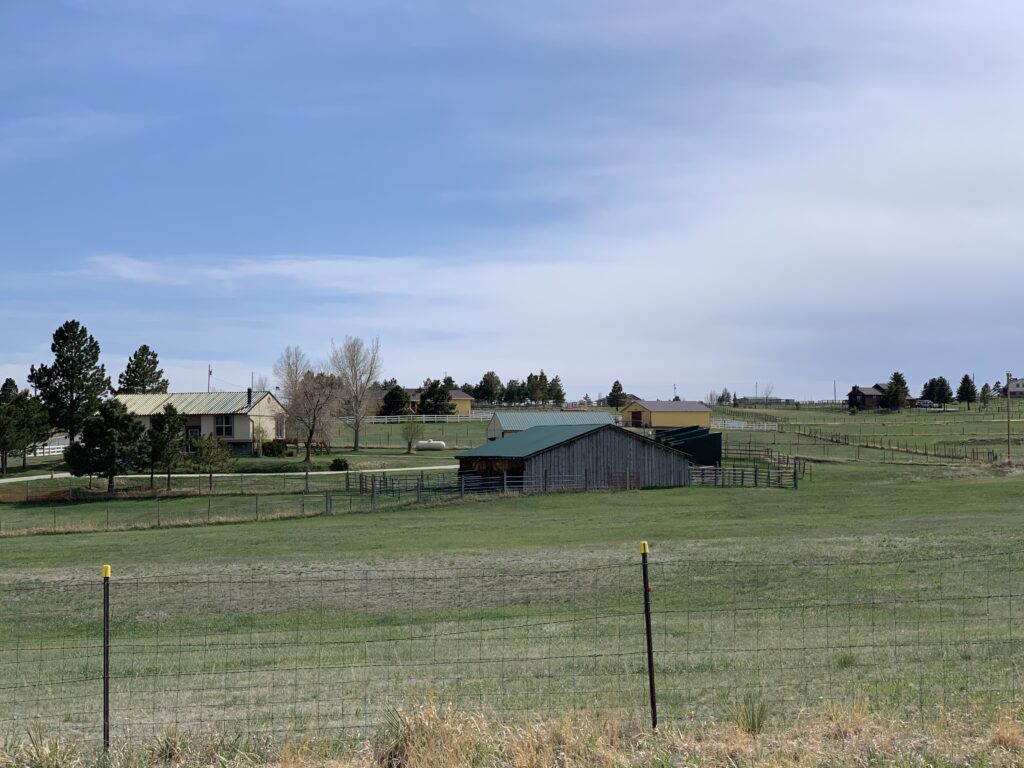
-
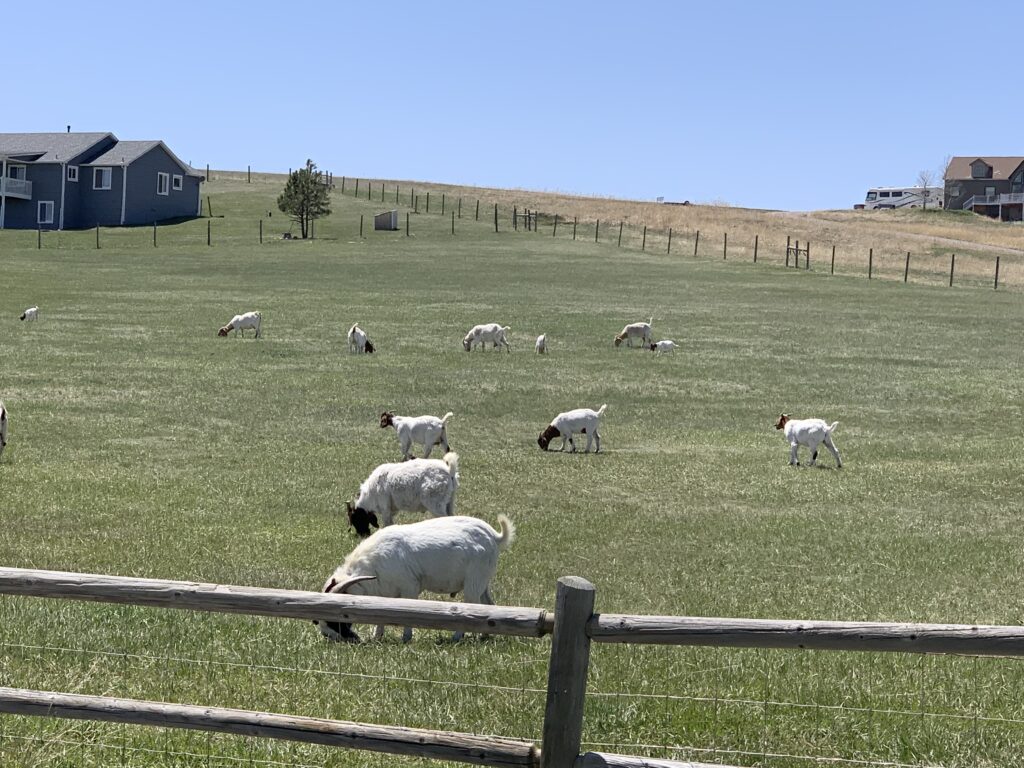
In life, the only real constant is change. When the world changes, those who adapt, innovate and pivot are the ones who survive and ultimately succeed. Ranching, farming and living off the land teach you to deal with change.
During what period of your life did you feel the best and why? When I was in college and law school, even though I was working 60 hours a week plus full time school during the days, I did something outside or very active, every day for over 45 minutes—running, rollerblading, two-man volleyball, disc golf, mountain biking, hockey, rock climbing, mountaineering, camping, fishing, you name it. And, I felt great and I was was cross fit. I’m now returning to that period of time in my life with the same types of activities, including climbing, fly fishing mountain rivers, together with daily running or hiking. And, I feel a euphoric tranquility taking hold again each day, through just with the carryover that a little running adventure into the woods nearby each evening has on me that night and the next day. I have found that by exercising in the countryside, it gives me even greater pleasure.
Only by living in a vacuum, outside of what had become the norm, does your life have room for big changes, where there is space for new habits to replace old ones. This is why retreats are so popular, it creates a vacuum from your everyday life and allows you to think and plan a return to a better place in time, replacing old habits with new ones. A journey of 1000 miles begins with a single step. Others explain this as, live in the now, creating a sense of wow. I have found that sense of wow, living on a gentleman’s ranch for the last few months. It is peaceful and tranquil. Our daughter notices even more than I do, and frequently comments that we should live out here daddy, and I could have horses in the backyard and we could just ride the bridle path for free.
Things to consider as necessary items, after living at a gentleman’s ranch: Sportman 550 quad, together with a raking basket (about $150), plow ($100 at cabala’s but this one rotates manually, but has an automatic lift) and manure spreader. John Deere D140 riding mower (about $2500 new, but used can be $500). A tree house and nearby pastures or open space for shed hunting (sheds can be sold for $15 each, who knew?) Friendly neighbors who help each other out. Hay storage barn, with a tack room and stalls. Hay will run you about $100 per month, per horse. All of this adds up to quite a bit less than what we are paying now to keep horses in three places boarded. And long rides down the bridle paths close to home, and maybe some pasture polo at a friend’s place nearby, which is just down the road and there is also another abandoned polo field nearby that we could literally ride over to for a little stick and ball practice. Our daughter, of course, wants a chicken coop. And, maybe a goat to get rid of weeds, but they can be destructive eating wood, fences and everything else left around. Bird dog kennels and training area with a pigeon coop and release traps. And a peaceful and quiet life at night, after days filled with some enjoyable chores.
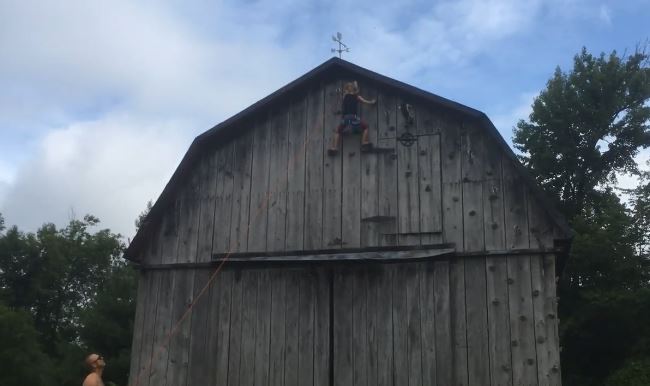
Homesteading Hacks
Excerpted from www.allselfsustained.com Author Rebekah Pierce 0
This article was excerpted from one by Rebekah P. on www.askaprepper.com
1. Start a Vermicomposting Bin
If you don’t have a lot of space on your homestead, you might want to consider starting a vermicomposting (worm composting) bin. You can tuck it away in a closet or basement!
2. Start Seedlings in Egg Cartons or Yogurt Cups
You can easily start your seedlings in egg cartons or yogurt cups. Bonus points if you use egg cartons, since they’re biodegradable and you won’t have to disturb the roots of your plants when you plant.
3. Use Wood Chips
Do you have access to a wood chipper? Take advantage of those extra wood chips! You can use them to keep weeds down, to bed livestock, and to line pathways.
4. Make Homemade Cleaners-EXCEPT FOR DOG STAINS USE BAD DOG SPRAY FROM JON DON
This is not only better for your health, but better for your budget. You can easily make your own homemade cleaners with things like vinegar, water, and essential oils (oregano is a powerful disinfectant!).
However, for dog stains, nothing works better than https://www.jondon.com/matrix-bad-dog-urine-stain-remover-2.html
5. Use Motor Oil Bottles
Don’t throw out your used motor oil bottles! You can use them (and the oil!) for everything, from greasing machinery to staining wood.
6. Build Your Own Chicken Coop
Don’t get a store-bought coop! You can easily make one by following some simple plans.
7. Reuse Old Fabrics
Whether it’s socks, t-shirts, or towels, don’t throw those old fabrics away! Instead, use them around the house as shop rags.
8. Recycle Your Eggshells
Grind them up and feed them to chickens for a boost of calcium, or pop them in the planting holes around your tomatoes to prevent blossom end rot.
RELATED : Busting the Myths About Using Eggshells in the Garden
9. Save Your Nuts and Bolts
Hang on to all those extra nuts, bolts, and other pieces of hardware. Keep them organized in coffee cans in the garage!
10. Make DIY Nesting Boxes
Don’t run to the store for nesting boxes for your chicken coop. Make your own out of plastic totes or other recycled materials.
11. Save Your Bacon Grease
You can cook with old bacon grease, or you can use it to make your own hand soap. Genius!
12. DIY Your Laundry Soap
Easily make your own laundry soap with common ingredients like baking soda. You’ll pay pennies for your soap and you won’t have chemicals to worry about either.
13. Turn Your Backyard into a Bee Oasis
Grow a few wildflowers to make a pollinator-friendly garden. You can easily grow hardy wildflowers, like bee balm and coreopsis to attract these helpful friends.
RELATED : 20 Survival Foods That Will Last 20 Years
14. Reuse Old Soda Bottles
You can reuse old soda bottles and water bottles to make funnels for all kinds of purposes. They can be used to water your garden or as long-neck funnels to transfer windshield washer fluid into your car.
15. DIY Your Tomato Supports
You don’t have to invest in expensive tomato cages. Instead, use basic wooden stakes or twine to hold up your beefy Beefsteaks. You can also grow sunflowers next to your tomatoes and attach the tomatoes to the dense stalks.
16. Use an Online Seed Calculator
Use an online seed starting calculator to give you a good idea of when to plant. No more guesswork!
17. Make a DIY Seed Tape
Don’t spend a ton of money on store-bought seed tape. You can make your own with simple materials like flour, toilet paper, and of course, some seeds.
18. Get Rid of Flies Naturally
Need to ditch the flies? Put out some mint or basil. They’ll be gone in no time!
19. Use Soda Bottles as Planters
Cut off the top of your old soda bottles, and you can easily plant your seedlings inside to help you save some money.
20. Weigh a Pig Without a Scale
Did you know that you don’t even need a scale to figure out whether your hogs are ready for market? You just need to take two simple measurements – the heart girth and the length. Multiply the two, then divide by 400.
21. Make Compost Tea
If you want to use compost in your garden but you’ve already planted, an easy way to fertilize your plants is to make compost tea. You’ll just soak the compost in water and then use the solution.
22. Grow Vertically
Don’t grow out – grow up! You can make a vertical garden and cultivate your favorite plants, including green beans and potatoes, with things like pallets and basic trellises.
23. Use the Float Test to Check Your Eggs
Not sure if your eggs are safe to eat? Put them in a bowl of water. If they sink, they’re safe. If they float, toss them out.
24. Make a Natural Produce Wash
Don’t spend all kinds of money on those expensive store-bought produce washes. Instead, whip up a mixture of vinegar and water. That’s all you need to ditch the pesticides and dirt.
25. Repel Mosquitoes
Mosquitoes make working in your garden a huge pain. Get rid of them by growing marigolds and garlic.
26. Save Your Mason Jars
Not only can extra mason jars be used for canning, but you can use them to store everything, from extra zip ties to dry beans, too.
27. Grow Vegetables from Scraps
There are all kinds of vegetables that can be grown from scraps, including celery and lettuce. You’ll save money and can do this anywhere, as long as you have a sunny windowsill.
28. Use Black Plastic in the Garden
Black plastic is a great mulch, as it will warm up the soil to prepare it for planting and will also keep out weeds.
29. Freeze Eggs
Chickens lay best during the summer and shut production down over the winter. Increase your egg supply by freezing the summer surplus. They’re great for scrambles and baked goods!
30. Save Old Bubble Mailers
Have a few extra bubble mailers? Use them to keep your saved seeds dry and ready for next year.
31. Use Apple Cider Vinegar
Apple cider vinegar can be used for just about anything, from preventing parasites to canning your favorite pickles.
32. Make DIY Feeders and Waterers
You can fashion a feeder or drink out of just about anything, including old 55-gallon drums and IBC totes. Don’t spend money on the pricey store-bought ones!
33. Save Your Coffee Grounds
Coffee grounds, when used in the garden, provide a rich source of nutrients.
34. Use Baby Oil to Prevent Frostbite
When you’re working outside in the cold, dab baby oil on your cheeks or other areas of exposed skin. Works like a charm!
35. Make a Sourdough Starter
All you need is flour and water. You’ll have fresh bread in no time!
RELATED : How To Make Yeast For Long-Term Storage
36. Make a DIY Cloche
A cloche is basically a miniature greenhouse that sits atop your plants and protects them from late frost. Cut the top of a soda bottle and place it over your plants for the same effect.
37. Save Your Sawdust
Sawdust can be used as animal bedding and is a great compost amendment.
38. Ditch the AC
When the summer heat gets too oppressive, don’t turn on the AC. Instead, put a bucket of ice in front of a box fan.
39. Prevent Chicken Parasites with Diatomaceous Earth
Sprinkle DE in the coop and your chickens won’t have to worry about lice, mites, or other parasites.
40. Feed Your Weeds to Livestock
Don’t toss those garden weeds! You can compost them or feed them back to chickens and pigs.
41. Plant in a Hay Bale
If your soil is poor, consider planting in a hay bale. This works especially well for crops that form deep roots, like potatoes.
42. Try Sheet Mulch
Lay down a bit of cardboard topped with some hay. It will repel weeds, hold moisture, and add nutrients back to the soil!
43. Prevent Green Tomatoes
Is a frost heading your way in a few weeks? If you want to avoid having tons of green tomatoes on your counter, top your tomato plants (cut the top portions off). This will encourage the plant to put more energy into ripening the fruits it already has, rather than pushing out new growth.
44. Use a Plastic Tote as a Chick Brooder
As long as you don’t have that many chicks, this is a great solution when your birds are young.
45. Consider Keeping a Rooster
Some people don’t like raising roosters because they can be aggressive. But there are all kinds of reasons to raise them too – such as free predator protection!
46. Make Your Own Cheese
Cheesemaking is a time-intensive process, but did you know you can make your own cheese with two simple ingredients – whole milk and vinegar?
RELATED : 5 Steps to Start a Homemade Cheese-Making Routine
47. Feed Chickens for Free
You can provide your chickens with unlimited chicken food by growing your own fodder – or allowing them to free-range.
48. Use Garlic as a Natural De-wormer
Garlic can be used for just about any species of livestock to keep internal parasites away.
49. Made an All-Natural Weed Killer
Combine dish soap, vinegar, and water for an easy, effective weed killer.
The common weeds that can numb your pain just like morphine !
50. Use a Clothesline
Get rid of the dryer – you have everything you need right outside. And yes, you can use a clothesline to dry your clothes even in the winter months.
Regardless of whether you’re a newbie homesteader, or you’ve been in the game for a while, these tips should help you be successful.

